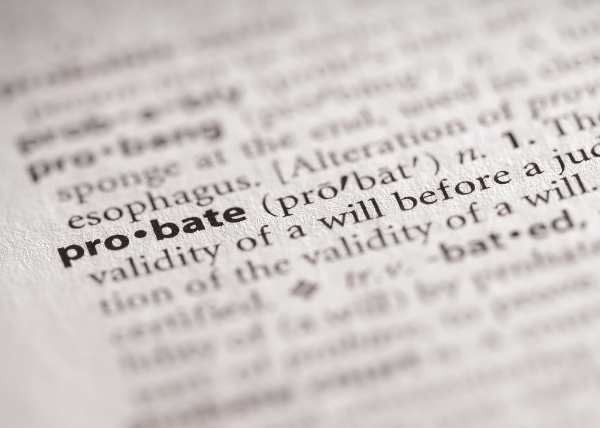
On average, probate can take anywhere from several months to a year or more. However, probate duration can vary widely depending on several factors, including the complexity of the estate, local laws, court schedules, and potential disputes. While there's no fixed timeline for probate, we can provide some general insights to give you an idea.
Probate is a legal process that involves validating and administering a person's will after their death. It is overseen by the court to ensure that the deceased person's assets are distributed according to their wishes and applicable laws. The probate process involves several steps, which contributes to how long the probate process may take.

There are multiple factors that may contribute to the probate process timeline.
Smaller estates with fewer assets and clear beneficiaries might move through probate more quickly than larger estates with multiple properties, investments, and beneficiaries.
Assets that require appraisal, such as real estate or valuable collectibles, can add time to the probate process. Additionally, if an estate includes assets in multiple states, it may extend the timeline due to varying state laws.
Probate allows creditors to make claims against the estate. Settling these claims can impact the duration, especially if disputes arise.
If beneficiaries or family members contest the will, the probate process can be significantly delayed.
Court schedules and caseloads can affect the timeline. Some jurisdictions have backlogs, while others may process cases more swiftly.
The executor's diligence in fulfilling their responsibilities, such as gathering assets, notifying beneficiaries, and paying debts, can impact the timeline.
Probate laws vary by state, and some states have streamlined procedures that can expedite the process.
Probate may sometimes be avoided under some circumstances, including joint tenancy ownership of an asset, having a trust, or designating beneficiaries. It's important to note that estate planning should be tailored to your specific circumstances and goals. While these methods can help avoid probate, they may not be suitable for everyone.
It's essential to consult with an experienced probate attorney to navigate the process efficiently. While it's impossible to predict an exact timeline, having professional guidance can help you understand the unique aspects of your situation and work toward a timely resolution.
Our expert partner attorneys offer free consultations for your claim.